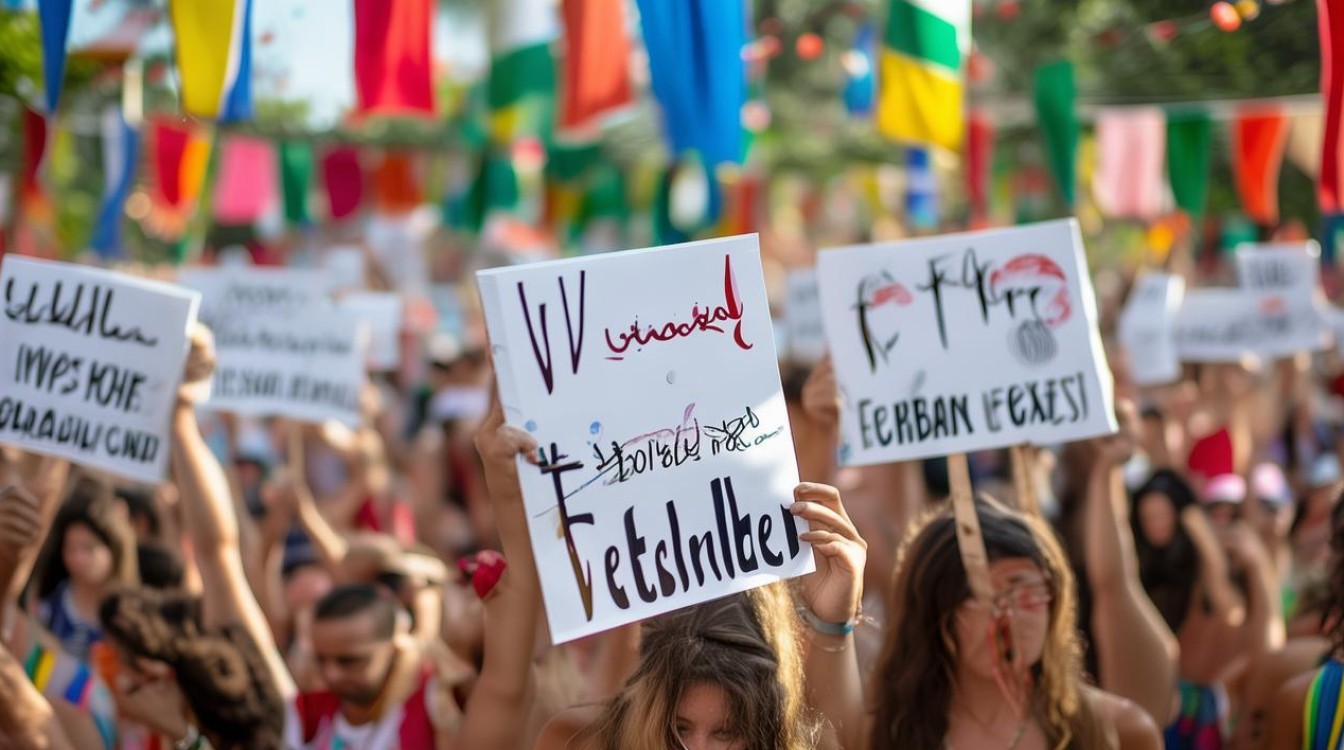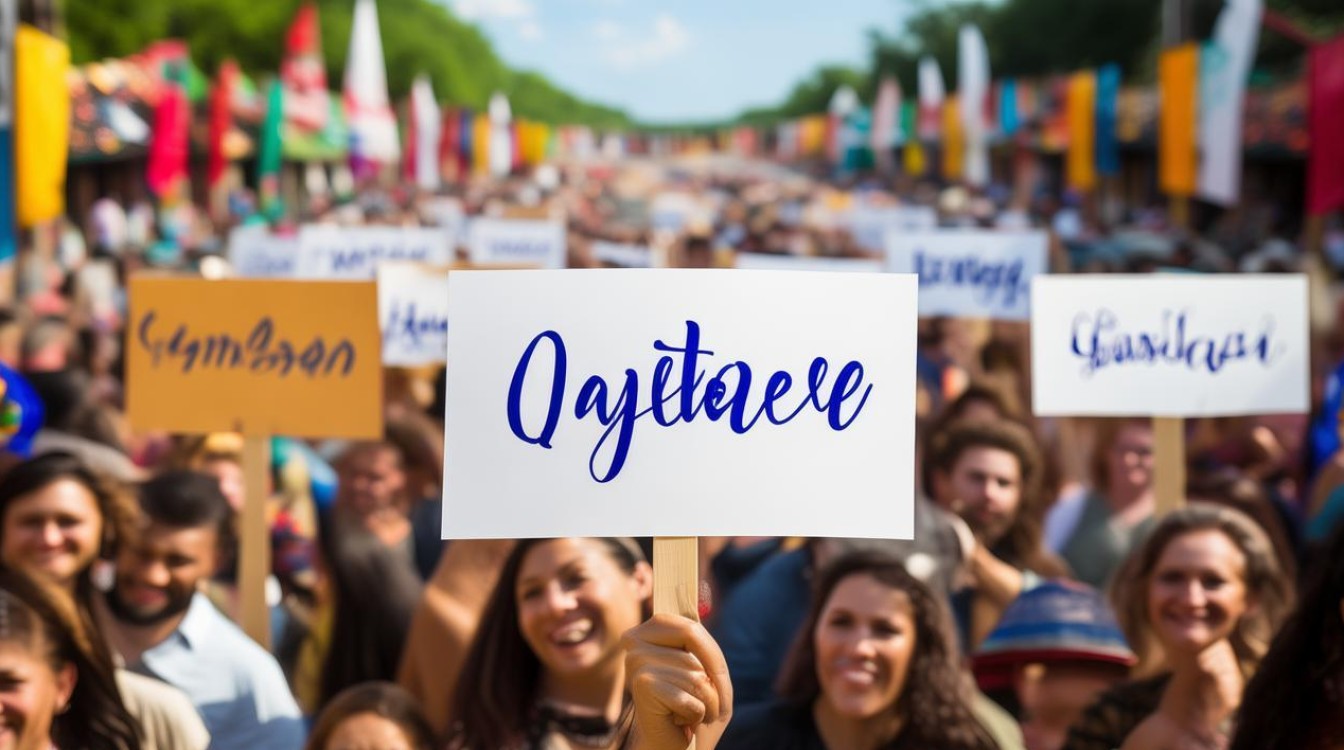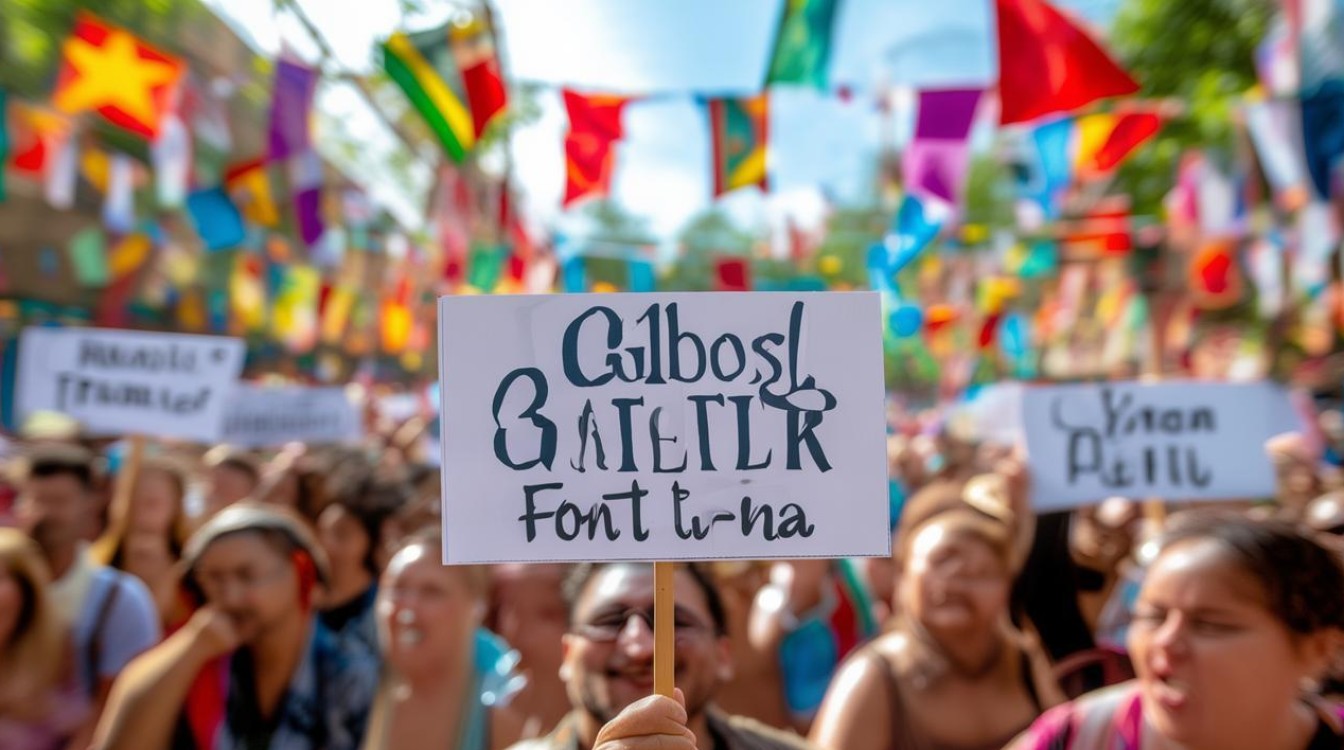Festivals and holidays unite people across cultures, offering glimpses into traditions, values, and shared humanity. Whether you're a language learner, traveler, or culture enthusiast, mastering holiday-related English vocabulary enriches communication. Below is a curated list of terms spanning major global celebrations, complete with context and usage examples.

Universal Holiday Terms
-
Festival – A day or period of celebration, often marked by ceremonies or gatherings.
Example: "The city’s annual film festival attracts visitors worldwide." -
Holiday – A day of rest or celebration, either religious or secular.
Example: "Christmas is a public holiday in many countries." -
Tradition – Customs or beliefs passed through generations.
Example: "Eating mooncakes is a Mid-Autumn Festival tradition." -
Celebration – Observance of a special event with activities or rituals.
Example: "New Year’s celebrations often include fireworks."
Religious Holidays
Christian Celebrations
-
Christmas (December 25) – Celebrates the birth of Jesus Christ.
Key terms: Nativity, Caroling, Mistletoe, Advent. -
Easter – Commemorates the resurrection of Jesus.
Key terms: Lent, Good Friday, Easter Egg, Resurrection.
Islamic Observances
-
Ramadan – A month of fasting from dawn to sunset.
Key terms: Iftar, Suhoor, Eid al-Fitr (festival marking Ramadan’s end).
-
Eid al-Adha – Honors Ibrahim’s willingness to sacrifice his son.
Key terms: Qurbani (sacrifice), Hajj pilgrimage.
Jewish Holidays
-
Hanukkah – The Festival of Lights, celebrating the rededication of the Temple.
Key terms: Menorah, Dreidel, Latkes. -
Passover – Commemorates the Exodus from Egypt.
Key terms: Seder, Matzah, Plagues.
Hindu Festivals
-
Diwali – The Festival of Lights, symbolizing good over evil.
Key terms: Rangoli, Diya, Lakshmi Puja. -
Holi – A vibrant celebration of color and spring.
Key terms: Gulal, Bhang, Bonfire.
Cultural & National Holidays
Western Observances
-
Thanksgiving (U.S./Canada) – A harvest festival centered on gratitude.
Key terms: Turkey, Cornucopia, Black Friday. -
Halloween (October 31) – A mix of ancient Celtic and modern traditions.
Key terms: Jack-o’-Lantern, Trick-or-Treat, Haunted House.
Asian Celebrations
-
Lunar New Year – Celebrated in China, Korea, Vietnam, and more.
Key terms: Red Envelope, Zodiac, Reunion Dinner. -
Songkran (Thailand) – Marks the traditional New Year with water fights.
Key terms: Water Festival, Merit-making.
Latin American Festivals
-
Día de los Muertos (Mexico) – Honors deceased loved ones.
Key terms: Ofrenda, Calavera, Marigold. -
Carnival (Brazil) – A pre-Lenten festival of parades and music.
Key terms: Samba, Float, Masquerade.
Seasonal & Secular Holidays
-
New Year’s Eve/Day – Global celebration of the calendar year’s transition.
Key terms: Countdown, Resolution, Fireworks. -
Valentine’s Day (February 14) – Celebrates love and affection.
Key terms: Cupid, Chocolates, Bouquet. -
International Women’s Day (March 8) – Advocates for gender equality.
Key terms: Empowerment, Solidarity, Activism.
Unique Regional Festivals
-
Oktoberfest (Germany) – The world’s largest beer festival.
Key terms: Lederhosen, Pretzel, Stein. -
Mardi Gras (New Orleans) – A carnival of music and revelry.
Key terms: Beads, King Cake, Parade. -
Bastille Day (France) – Commemorates the French Revolution.
Key terms: Tricolore, Fireworks, Liberté.
Using Holiday Vocabulary in Context
To deepen understanding, practice these words in sentences:
- "During Diwali, families light diyas and create rangoli designs."
- "Eid al-Fitr begins with communal prayers followed by feasting."
- "Children dress in costumes for Halloween and shout 'Trick or Treat!'"
Understanding these terms fosters cultural appreciation and smoother cross-cultural interactions. Whether discussing travel plans, writing greeting cards, or exploring world traditions, this vocabulary bridges gaps and sparks meaningful conversations.
Festivals remind us of shared joys and diverse histories. By learning their language, we connect more deeply with global communities—one celebration at a time.



